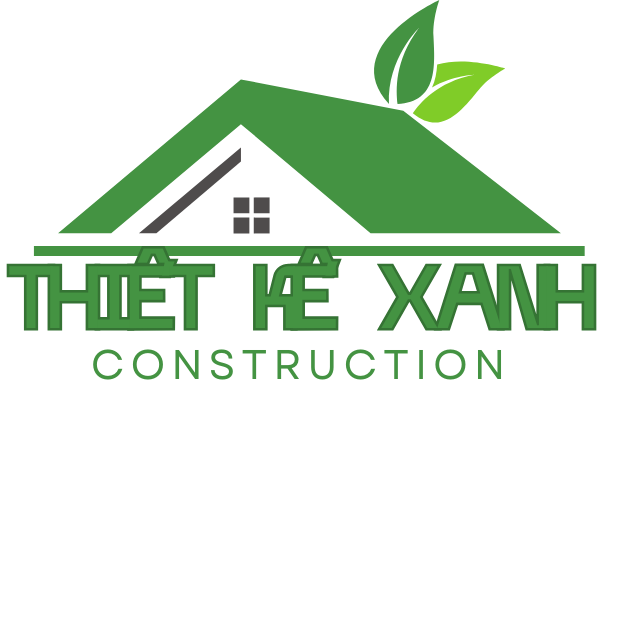The North American vehicle market in 2025 stands at the leading edge of technological innovation, driven by advancements in artificial intelligence (AI).
—
## Core Tech Drivers in North American Car Evolution https://techcarusa.com/
### Machine Learning
Advanced algorithms serve as the core component of current car systems, with **81% of dealerships increasing AI budgets** to enhance client interaction systems.
Startups like **Wayve** are pioneering neural network architectures for self-driving cars.
—
### Electric Vehicle Infrastructure and Green Technology
The U.S. EV market is expanding rapidly due to government subsidies and industry capital. **Aptera Motors** leads in sun-powered technology, offering a multi-motor battery car with 700W solar cells.
Government policies play a crucial function: The **CHIPS Act** has spurred $52 billion in chip manufacturing funding.
—
### Self-Driving Technology and Car Networking
Automated vehicle tech is transitioning from partial to high automation. **Waymo** uses 3D-sensing autonomous cabs that have accumulated 20 million miles with a **67% lower collision rate**.
—
## Industry Leaders and Startups Fueling Progress
### Established OEMs
– **Ford**: Partnering with **Google Cloud**, Ford’s hands-free highway tech offers automatic passing features.
– **Tesla**: The 2026 Roadster prototype boasts a **620-mile range** using rocket-tech-based battery cooling systems.
—
## Hurdles and Regulatory Considerations
### Cybersecurity
As vehicles generate **25 GB of data per hour**, cyberattacks pose serious vulnerabilities. The **NHTSA** mandates automotive security standards.
—
## Future Outlook
Critical advancements to monitor include:
– **Solid-State Batteries**: **Mercedes-Benz** aims to launch ultra-long-distance electric cars using **QuantumScape** cells.
– **AR/VR Integration**: 3D projection systems are expected to decrease crash incidents by 30% by 2030.
